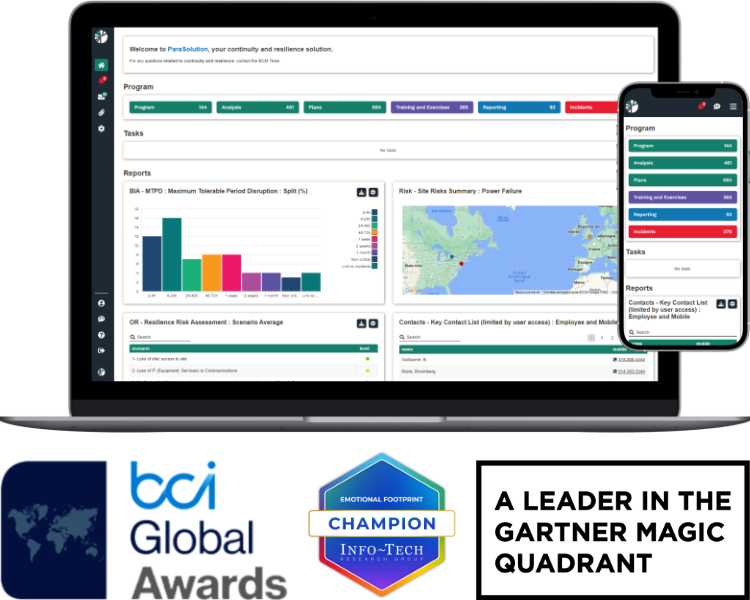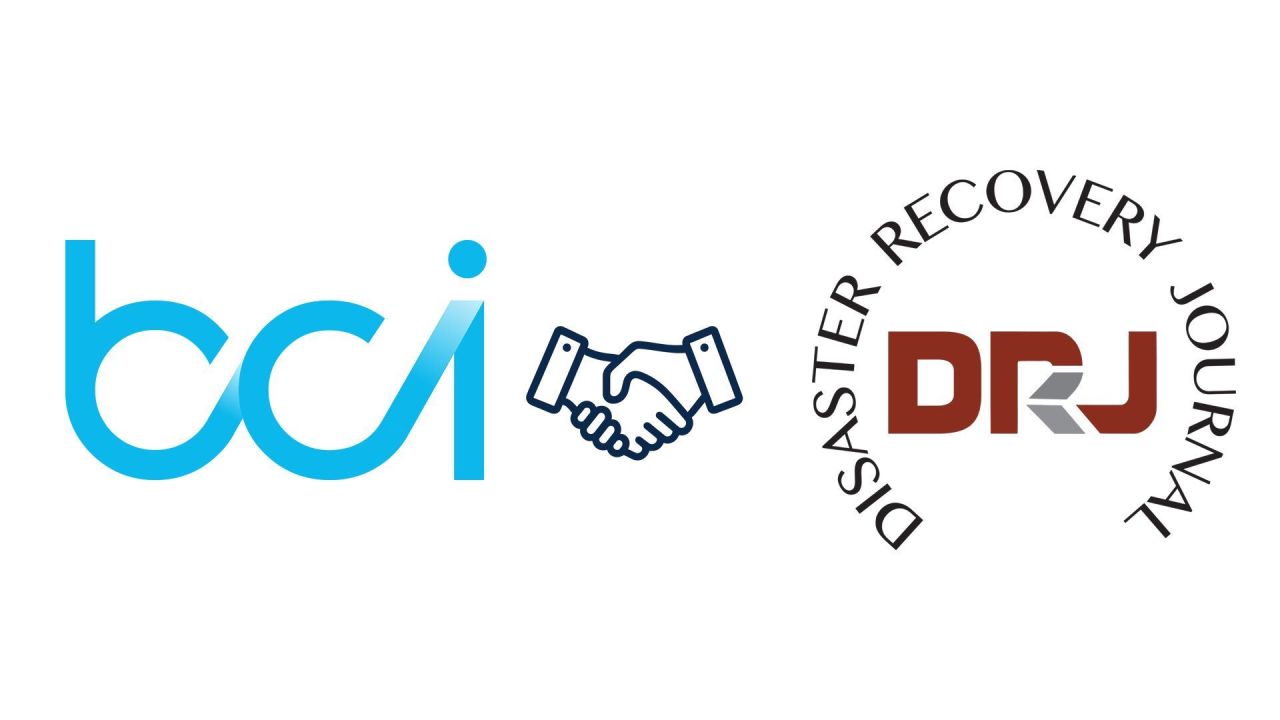Strengthen business continuity skills with BCI training and certifications in French, designed for French-speaking professionals in Europe. Learn more.
What is organizational resilience and why is it important?

What is organizational resilience?
In a world of increasingly complex and frequent threats, the question is not if an organization will face disruption, but when.
It is in this context that organizational resilience is a strategic imperative for organizations to achieve if they are to prosper over the long term.
So, what exactly does organizational resilience mean, and why is it a critical objective in today's business environment?
Definition of organizational resilience
Organizational resilience refers to an organization's ability to absorb and adapt to a changing environment (ISO22316:2017).
It aims to assist organizations to be able to anticipate, prepare for, respond to and recover from any disruptions, regardless of severity, in order to bounce back from adverse events.
In summary, organizational resilience goes beyond simply reacting defensively to crises. It includes proactive strategies, continuous improvement processes, and culture geared towards supporting the sustainable development of an organization.

6 key elements of organizational resilience
Here are six key elements to better understand the concept of organizational resilience:
1. Adaptability and flexibility
A resilient organization is flexible and can adjust its operations in response to changing circumstances, whether internal or external.
2. Risk mitigation and management
Organizational resilience includes identifying, assessing and managing risks to reduce their impact on the organization's operations.
3. Business continuity
At the heart of organizational resilience is business continuity. Its role is to limit and control possible impacts on the organization's priority activities during and after a disruption.
4. Problem-solving
A resilient organization embraces innovation and creative problem-solving to navigate through challenges and transform disruptions into opportunities for growth.
5. Organizational culture
Organizational resilience is deeply linked to organizational culture. It requires the cultivation of a proactive, resilient mindset among employees, leaders and partners based on the principle of partnership.
6. Customer focus and reputation management
Being resilient and prepared for any eventuality is a protective shield in times of crisis, strengthening the organization's ability to maintain customer trust and loyalty, to retain stakeholder support and thrive despite disruption.

Why is organizational resilience important?
Organizational resilience is important, as it enables organizations to successfully navigate through change, crisis and disruption, ensuring their adaptability and ability to bounce back. Organizational resilience is therefore a major strategic imperative for organizations.
Organizations that operate with a long-term horizon and integrate resilience into their strategic framework are better positioned to thrive and succeed as compared to those that are non-resilient and oriented towards short-term goals.
Here's why:
Resilient, long-term-oriented organizations anticipate, prepare for and adapt to change and disruption, enabling them to maintain operational stability and continuity during disruptive events.
They employ strategies that are sustainable in the long term and consider future risks, market developments and technological advances.
In so doing, they establish a solid foundation that can withstand a dynamic threat environment and market volatility, enabling them to seize new opportunities and gain a competitive edge.
In contrast, organizations that do not work on their organizational resilience and focus primarily on short-term objectives tend to prioritize immediate gains over sustainable growth.
Such organizations are often unprepared to deal with severe disruptions and may find it harder to recover from setbacks, leading to operational and financial instability. The absence of a resilience strategy or culture can lead to missed opportunities and diminished long-term competitiveness.

Elements to remember
- Organizational resilience is the key to sustainable success in today's volatile business landscape. It's not just about navigating through disruption, but strategically adapting and using such challenges for innovation and growth.
- Organizations that embrace resilience will flourish, turning potential vulnerabilities into opportunities, realizing a competitive advantage and securing long-term prosperity.
- In a world dominated by rapid change and uncertainty, embedding organizational resilience isn't just beneficial; it's a strategic necessity.
Want to build your organizational resilience?
To develop a culture of resilience, the first step is to understand your organization and the business environment in which it operates.
Contact our experts for an effective roadmap to building your organizational resilience.








